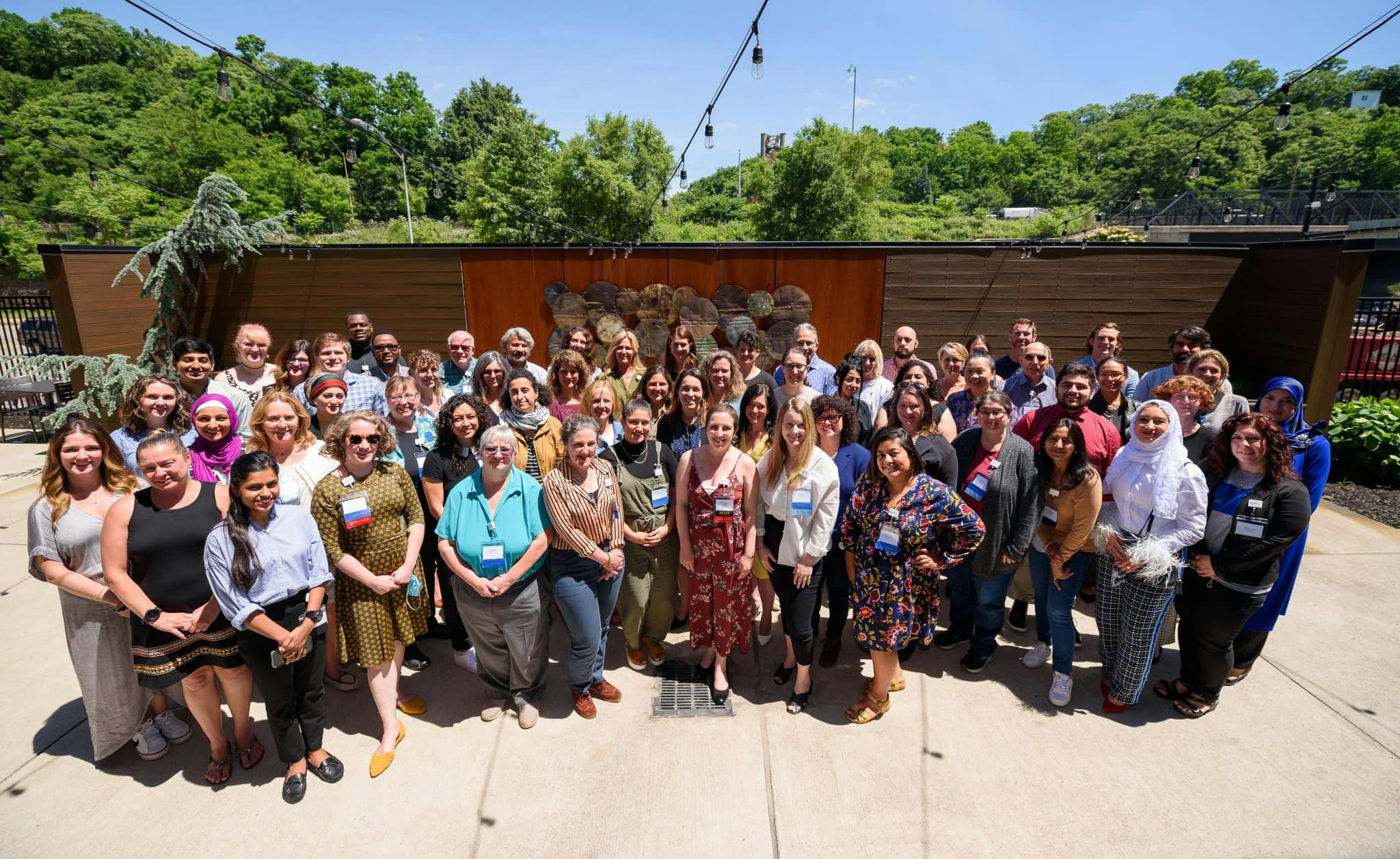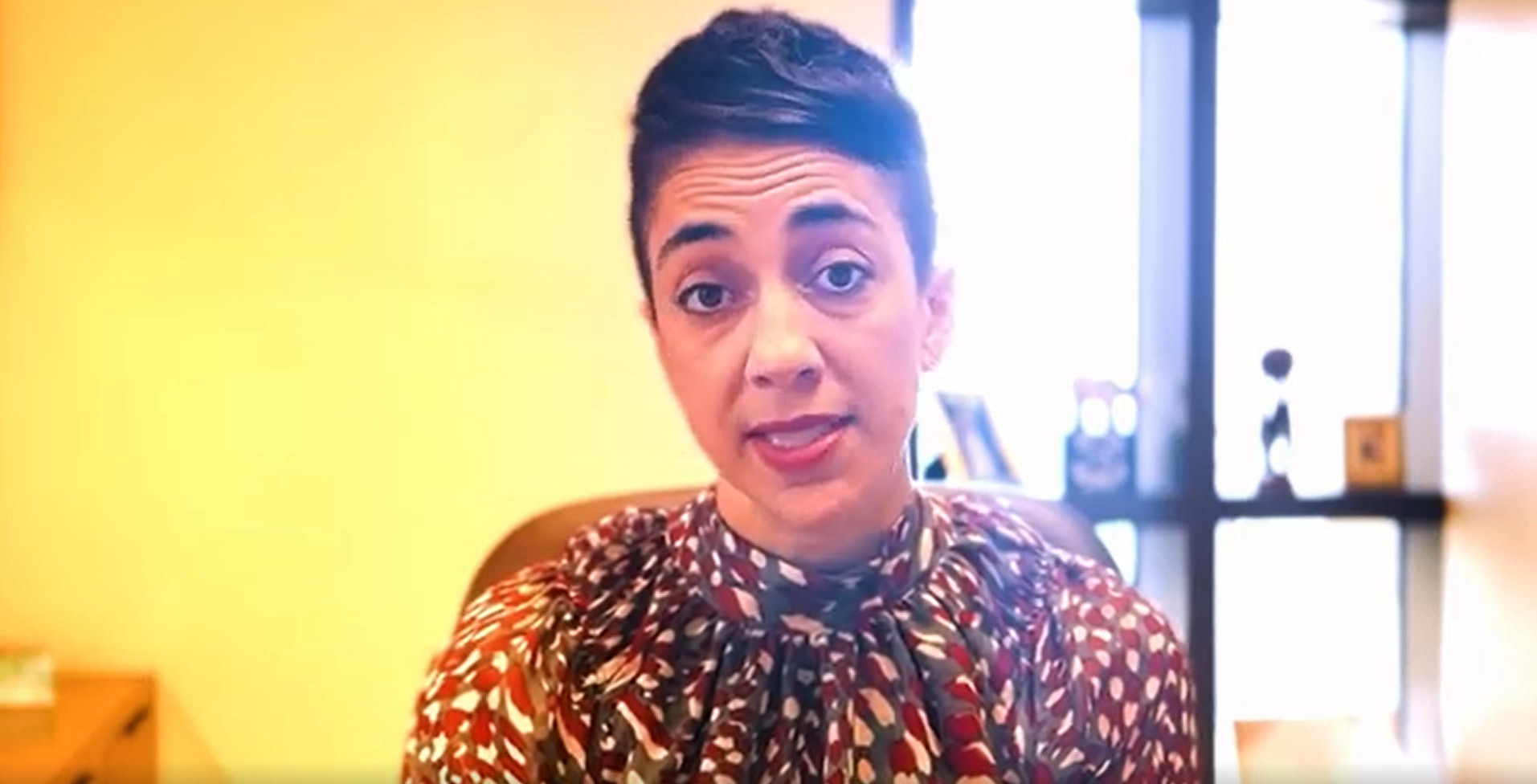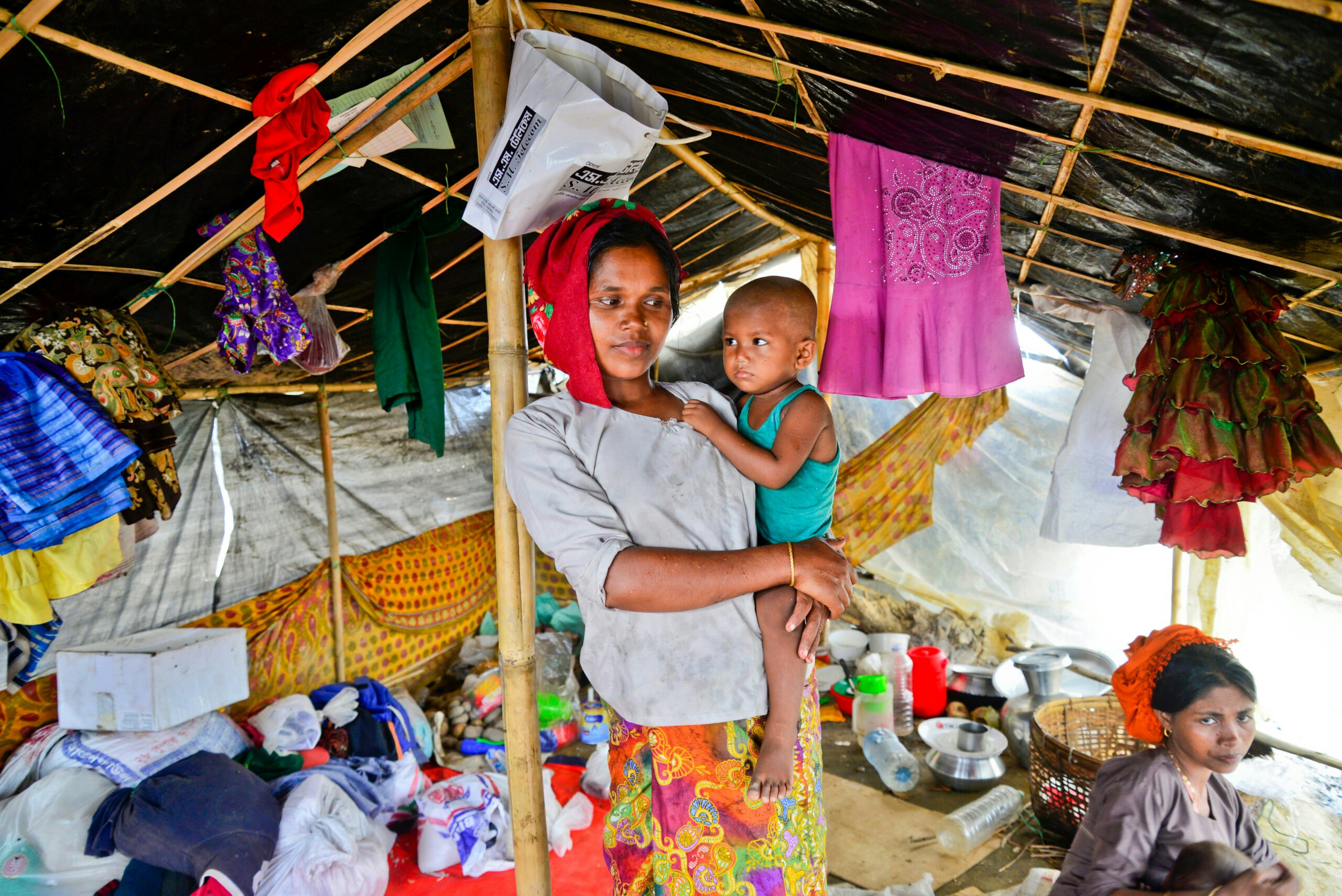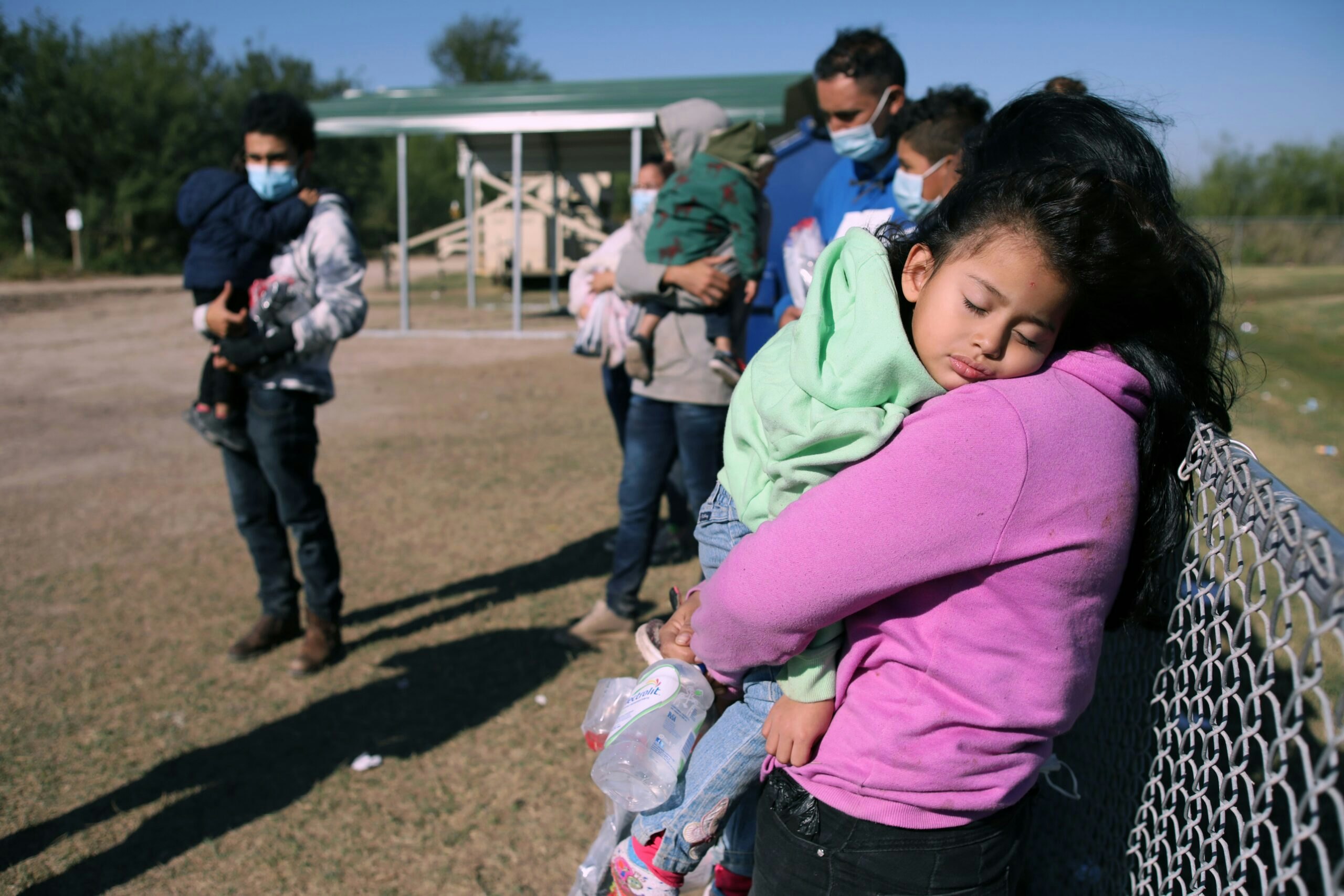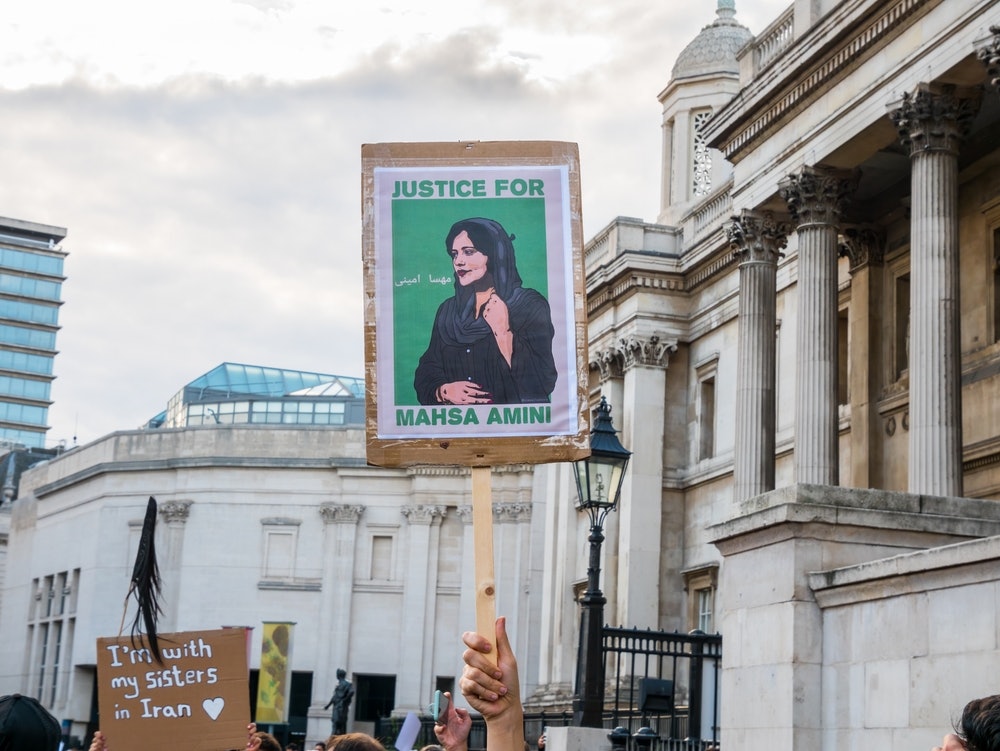About the Leading Change SeriesWomen in Afghanistan have experienced incredible progress over the last ten years, and the hard-won gains of the...
About the Leading Change Series
Women in Afghanistan have experienced incredible progress over the last ten years, and the hard-won gains of the last decade must not be reversed. Girls have returned to school to become educated, like their brothers, and women are serving as provincial governors and members of the National Assembly. Their stories inspire us, and remind us of what is at stake for Afghan women.
As part of the Women’s Initiative Afghan Women’s Project, we have launched a blog series that spotlights the success stories of courageous Afghan women and girls.
Wahida Samadi
I met Wahida Samadi when I visited Thunderbird Business School’s Project Artemis. Like many educated Afghan women, she is a woman of “many hats.” She is a student, a businesswoman, a social worker and the main breadwinner for her family. Like others in this blog series, Wahida is an Afghan woman who has responded to a need she sees in her community and nation, and has dedicated her life to provide practical, meaningful solutions.
Like many young adults living in Afghanistan, Wahida Samadi spent her childhood and young adult years living as a refugee outside of her home country. The violence and oppression that marked the Taliban rule in Afghanistan forced many Afghan families to seek asylum in neighboring countries or overseas. After the fall of the Taliban in 2001, Wahida, her parents and brothers were among the 5.7 million who voluntarily repatriated to Afghanistan to rebuild their lives in their homeland.
After her return to Afghanistan, Wahida worked as a Herat-based reporter for Bakhtar News, the official news agency for the Afghan government, and served as the chief editor for Atafaq Aslam State news magazine. Her work in journalism exposed her to the tremendous economic, social and psychological challenges facing Afghan men, women and children in the wake of decades of conflict. Wahida tells of an 18-year old girl whom she interviewed after an attempted suicide. At the age of14, this young woman had been married to a 40-year old man without her consent. Four years later, her depression and hopelessness was so severe, she attempted to end her own life by setting herself on fire. This young woman’s story, not an uncommon one in Afghanistan, prompted Wahida to pursue a career change. She enrolled in a university program in psychology and co-founded Tahminah Organization, the first non-profit psychological counseling center in Herat, Afghanistan.
Tahminah Organization – “Sound Family, Sound Society”
Wahida and two partners opened Tahminah Organization with funding from the U.S. Embassy. Three clinical psychologists staff the center, where they provide group and family therapy and workshops on mental health and communication skills. In Afghanistan, mental health or psychological problems are rarely discussed publically, but Tahminah seeks to educate and provide services that address the critical, but unaddressed problems facing Afghan men, women and children who have lived through decades of war and years of violent extremism.
Through weekly radio programs, Wahida and her team seek to educate Afghans on relevant mental health issues and teach skills critical to resolving interpersonal conflicts and combating depression. Free therapy sessions serve individuals and families by diagnosing mental health problems, providing marriage counseling, resolving interpersonal conflicts, addressing domestic violence, and counseling those suffering from grief and loss. In the last six months, Tahminah Organization has served more than 4,500 hundred men, women and youth in Herat.
Tahminah Organization also created a curriculum that they offer in local youth federations and universities. They provide seminars to young adults on topics related to healthy communication, overcoming depression and choosing a spouse. Wahida remarks that relational challenges are not often spoken about in Afghanistan, and that Tahminah Organization works to equip young men and women with vital life skills that will impact their relational, mental and emotional health and that of their families.
As Wahida and the Tahminah team build relationships with women in the community, they also provide opportunity for vocational training classes to those who are interested in earning additional income. Wahida’s training at Project Artemis – an intensive business course provided by Thunderbird Business School – provides an amazing foundation in business management skills that she passes on to women business owners. Wahida takes great pride in the success of these vocational training groups because they form a vital support system – both economic and social – for women in her community.
Wahida proudly tells of a family desperate to find a solution for their daughter. One of the daughters had attempted suicide several times by ingesting rat poison. Upon receiving an invitation from Tahminah staff to attend a group therapy session, the entire family responded. As they began to talk through the problem, all realized that the root of their daughter’s despair came from her belief that the family did not have the finances to send her to school. The father, a hashish smoker, quit smoking and redirected finances to his daughter’s education. Wahida emphasizes how problem solving and basic communication skills can unearth practical solutions for people in her community.
Wahida and her team are hard at work to create a sustainable business model for the vital counseling services they are providing to their fellow Afghans. A new U.S. Embassy grant has enabled Taminah Organization to expand into Kabul, where they will establish the first pre-marriage and family therapy center in Afghanistan.
Wahida financially supports herself, her parents and her two brothers. She works long hours, often beginning at 6 o’clock in the morning and continuing until late evening. Her work is rigorous and emotionally taxing. “It is difficult to witness the intensity of the mental health problems of people in Afghanistan,” she says. “But the most rewarding thing is seeing improvement in patients. This keeps me going.” Wahida draws encouragement and strength when she sees the community using her center and accessing services. “They are gaining knowledge and skills that change their lives.”
A special thanks to Wahida's Project Artemis mentor, Mojdeh Gharbi, for organizing our interview, and to Eli Omar, for serving as a translator.







